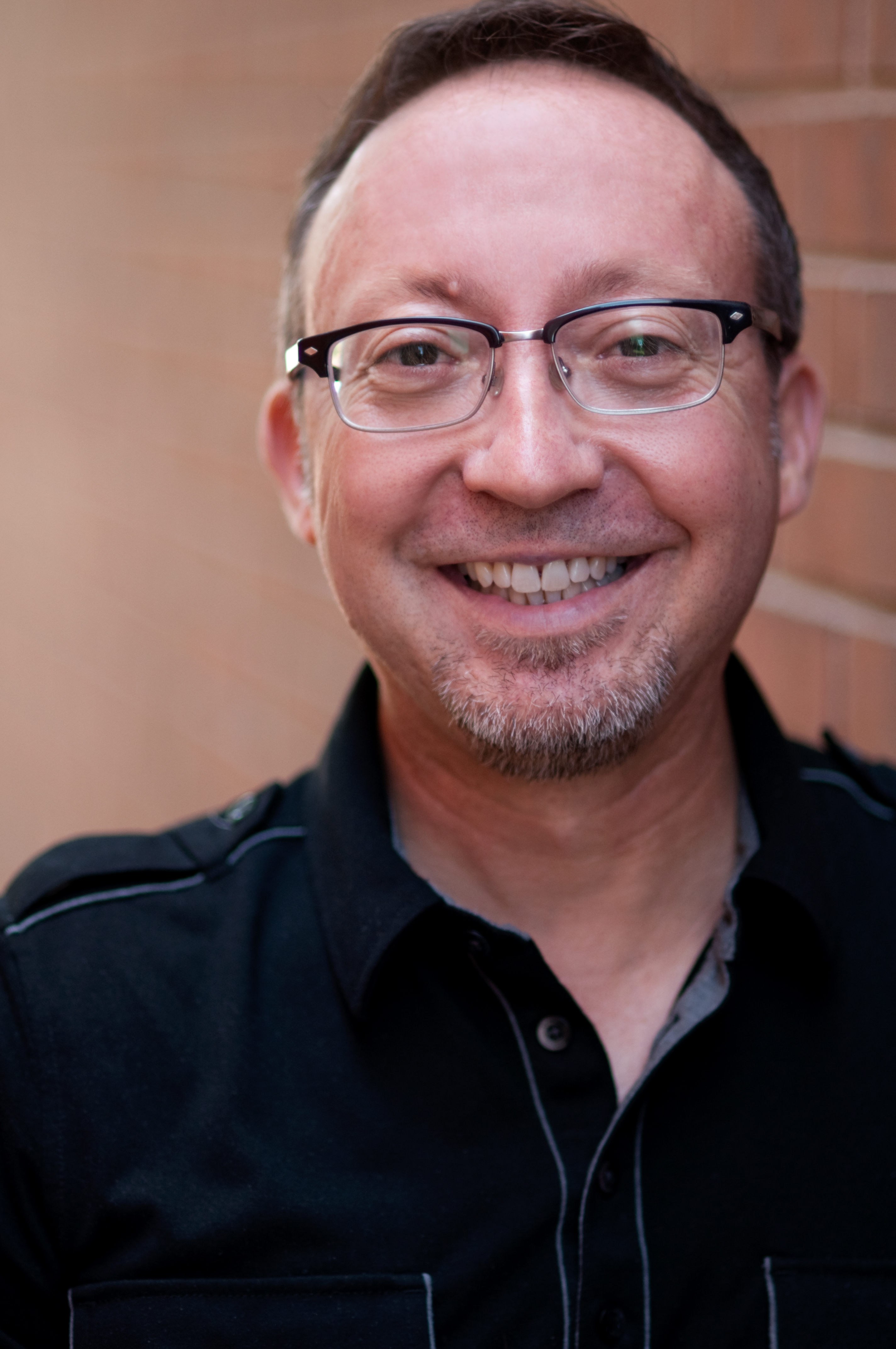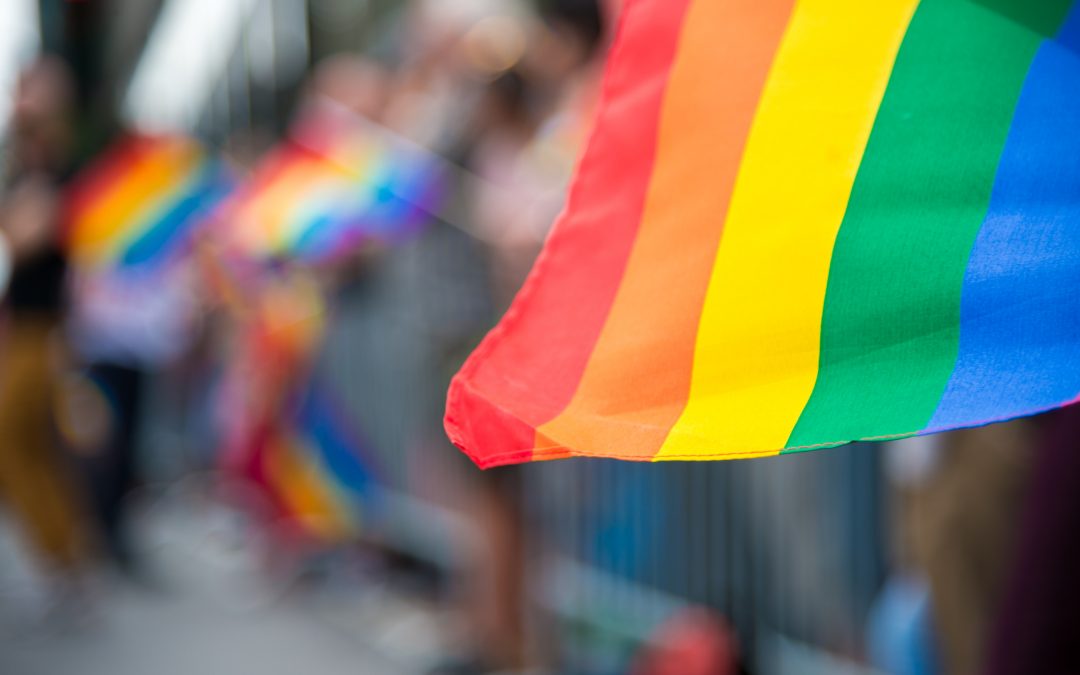“I think we’re talking about different groups of people…”
Years ago, when I was actively serving as an Elder for my church we began discussing the topic of homosexuality. We’d never had the opportunity to hear from one another about our thoughts and feelings on the subject. A passionate discussion ensued—in the best sense of word. Many commented around the table about wanting to love and care for gay and lesbian friends and family members. How could we show them the love of Jesus, especially in the context of a traditional view of Christian orthodoxy?
After an hour of this type of dialog, it slowly began to dawn on me. I listened to the different types of people and relationships they were describing. Also, I kept in mind the many men and women I have known and worked with over the years. I thought of my own experience throughout my lifetime. By the end of the meeting I concluded—“I think we’re talking about different groups of people here. Everyone has a different story. This would naturally mean the way we pastorally care for the various ways people navigate this might look different for each.”
For those living in the LGBTQ+ community
Many of the loved ones our elders spoke of that evening were associated in some way with the LGBTQ community. Several have neighbors and co-workers who also would identify with the greater community. Like the letters themselves this population is vast, diverse and multi-faceted—there are subcultures based upon a variety of variables. There are those that might come from a denominational faith background, or different faith backgrounds (Buddhist, Jewish, etc). Many value activism and feel passionately about social justice issues surrounding LGBTQ people.
Christians in America have been in a culture war with this community for decades. The divide of “us vs. them” gets deeper and more entrenched every year. Hurting people are overlooked and forgotten in the political battle. Some pastoral care questions to think through when loving LGBTQ people might be:
“This group of people has been wounded by Christians and are wary of people of faith. How would I engage and care for a gay, lesbian or transgender person who has a different world view on areas like sexuality, marriage and gender/sexual expression? How would I share my own perspectives, thoughts and views when they might possibly be offended by them?”
Those who would identify as a Gay (LGBTQ) Christian
For those of us growing up in the church and realizing there’s an attraction to the same gender is painful. Strong conflicts can begin to develop. On one side is our relationship with God, the church and Holy Scripture. The other side is what in the world to do about the attractions and how to act or not act on them. Surrounding all the conflict is shame and the fear of possible rejection. Men and women can navigate all of these conflicts differently and find resolution in a variety of ways.
Some, after years of painful incongruence will search the scriptures and conclude it is okay to adopt a gay affirming theology. This theology would support seeking a life partner and possible marriage. Others, after a long search of scripture would still hold to a traditional orthodoxy on sex, marriage and sexual expression. This group will more than likely choose to live celibately. Both groups might take on the label of “Gay Christian”—where both faith and orientation carry equal weight in identity. A good question to think through pastorally might be:
“How do I pastorally love and care for someone who identifies as a Gay Christian who might have a different theology than mine? What if they have different boundaries around sexual expression? (Perhaps they are involved sexually with a partner and not married).”
Those who would identify as Same-Sex Attracted
Over the last 25 years at Where Grace Abounds I’ve met many men and women who also have a traditional orthodoxy. As they’ve looked over scripture, the conclusion is that sexual expression and marriage are between one man and one woman. For this group of people, resolving the conflict means to live out this conviction. Many men and women will choose to live celibately. Others have gone on to get married to someone of the opposite gender and having children.
This group of folks tells me that they want the weight of their identity to be “in Christ.” Most would not use a sexual identity label such as gay or lesbian, not wanting to be defined primarily by their attractions. A good question to think through pastorally might be:
“What can the church do to support this group of people? How do we care for those in our congregations who are choosing a celibate, single lifestyle? How do we support those who want to be married?”
Those who have been wounded and left their faith
Tragically, I know far too many men and women in this place currently in their lives. After years of striving, prayer, groups and counseling they have left God and His church behind. Many are angry due to how they’ve been treated by Christian family members or by those in the church. Several are weary and lonely and want to seek a partner to share life. Some will adopt a new spiritual background like Unitarian or Buddhist. Others want nothing to do with spirituality or God anymore. Eventually, they will usually meld into the greater LGBTQ community. This group needs our prayers that wounds would be healed. This is a universal pastoral question, in that a great number have left their faith for a variety of reasons:
“How do we bring healing, support, safety and care to those who have been wounded by God’s people?”
Truth and Grace Applied
It’s good to realize that people navigate these issues of attraction, orientation, faith and identity in a variety of ways. As I think about the trajectory of my own life surrounding these decisions, I’ve noticed that I’ve experienced living in each category. It’s interesting to note that men and women can move in and out of these as they figure out faith and sexuality. This is another reason it is so important to ask questions, rather than making assumptions about where a person is in their journey.
Colossians 4:6 says “Let your conversation be always full of grace, seasoned with salt, so that you may know how to answer everyone.” When thinking through these groups of people, I imagine there will be different blends of truth and grace applied. And when we think of our unique relationships with same-sex attracted and LGBTQ friends and loved ones, it’s more nuanced. These questions are a good place to begin in thinking of loving the variety of people and communities. But what do some answers look like? In my next blog we’ll explore possible answers to these burning questions.

Scott Kingry
Program Director
A staff member since June of 1992, Scott is a key player in the WGA discipleship ministry. He plans, organizes, and implements every aspect of the Thursday night support group. In addition to public speaking, counseling group participants and training leaders, Scott maintains personal contact with many group members and it is to Scott’s credit that many group members feel personally welcomed, cared for and loved.
Although he holds a degree in graphic arts, he attributes his ministry qualifications to the “school of hard knocks.” God’s abundant grace continues to be the instrument of growth in his life, and he desires to be firmly grounded in the forgiveness and freedom of relationship with Jesus Christ.
Scott attends a Presbyterian Church.
Make a Difference in Someone's Life
If you enjoy reading WGA’s blogs and would like to show your support, please consider making a donation. Where Grace Abounds is a 501(c)3 non-profit organization. The majority of services, including support groups and discipleship counseling, are provided free of charge. Your financial gifts help to cover the costs associated with offering a free program to those who seek WGA’s services.

